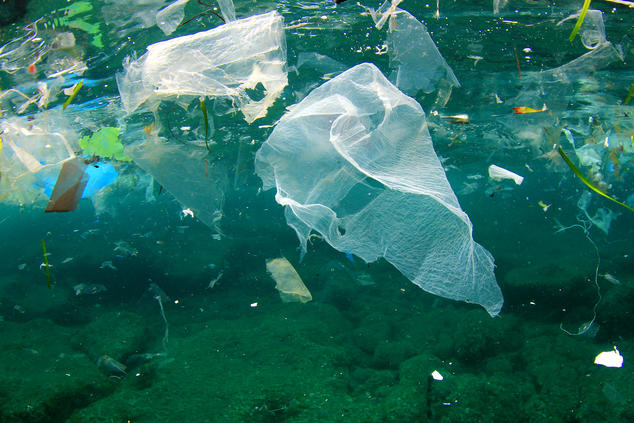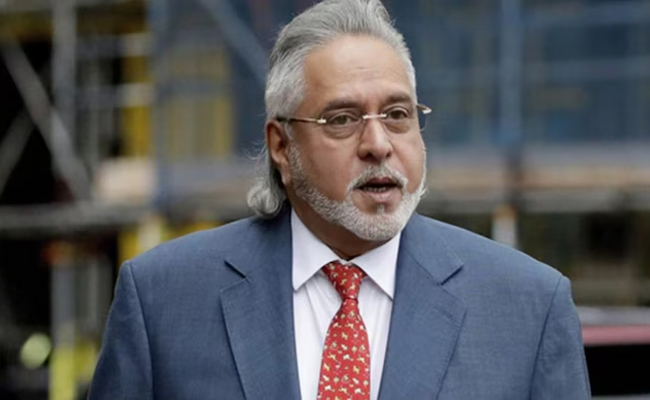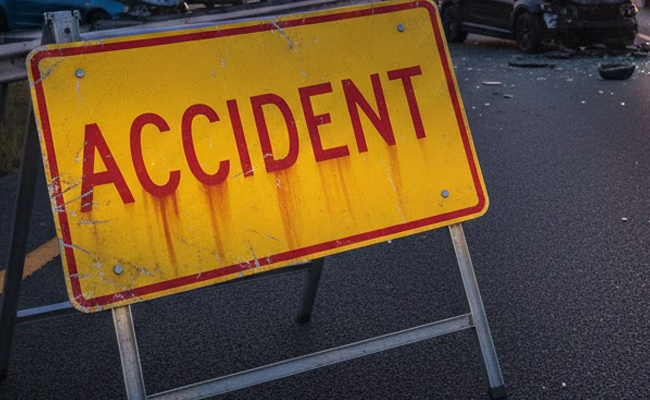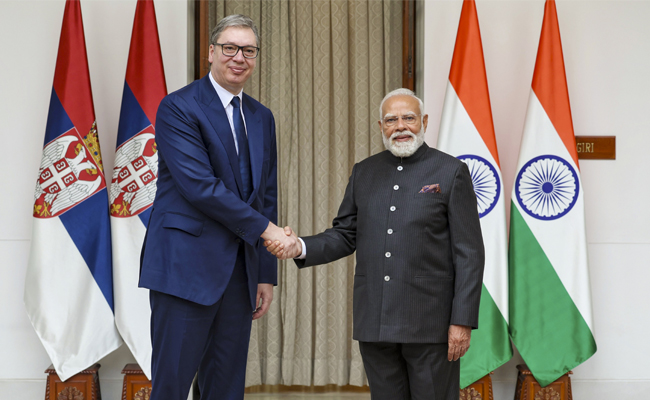Kolkata: Juxtaposing the naturalness of silk with the artificiality of plastic, British High Commissioner to India Dominic Asquith on Saturday drew attention to the health of rivers and plastic pollution in the oceans.
"It is incredibly appropriate that we are celebrating rivers at this particular point in time.. They reflect not only health of the country but also, as we have been increasingly reading in the last few days, health of the oceans, particularly relevant here in Asia," Asquith said at the closing ceremony of "Silk River India Walk" at the Victoria Memorial Hall here.
Britain joined nearly 200 countries in signing a United Nations resolution in Nairobi earlier this month to cut plastic in the sea.
"So much of plastic runs down the river into oceans... What I love is we are surrounded by something very different...silk. It is soft, beautiful, natural and valuable in sharp contrast to plastic, which is cheap, hard, artificial and ugly," he said referring to the 20 hand-woven and hand-painted Murshidabad (Bengali) silk flags crafted as part of the Indo-British Silk River partnership.
The Silk River project explores the unique relationship between London and Kolkata.
Working at 20 locations alongside the Hooghly and the Thames to reinterpret a shared heritage, Silk River aims to raise cultural awareness about the Indo-British relationship by engaging diaspora communities.
The 20 scrolls will be exhibited at the Central Hall of Victoria Memorial Hall here from December 19 to December 31.
The project was a collaborative effort -- between Kinetika, UK, and its various Indian partners, including ThinkArts, Murshidabad Heritage Development Society, Crafts Council of India West Bengal and West Bengal Tourism. It is supported by the Arts Council England and the British Council.
Let the Truth be known. If you read VB and like VB, please be a VB Supporter and Help us deliver the Truth to one and all.
Mumbai (PTI): Fugitive businessman Vijay Mallya, facing multiple cases of fraud and money laundering, told the Bombay High Court on Wednesday that he cannot say when he will return to India as he is legally barred from leaving the UK.
In a statement submitted through his counsel Amit Desai to the high court, Mallya said he did not have an active passport after it was revoked and hence, he cannot give a definite date of return to India.
The statement was submitted after a bench of Chief Justice Shree Chandrashekhar and Justice Gautam Ankhad made it clear last week that it would not hear Mallya's plea against the order declaring a fugitive economic offender until he returns to India.
The court had then asked the former liquor to clarify whether or not he intended to return to India.
Mallya, based in the United Kingdom since 2016, has filed two petitions in the HC -- one challenging an order declaring him a fugitive economic offender and the other questioning the constitutional validity of the Fugitive Economic Offenders Act.
The 70-year-old liquor baron is accused of defaulting on multiple loan repayments of several thousand crores and facing money laundering charges.
The businessman, in his statement to HC, said he cannot give a definite date for his return as he does not have his Indian passport, which was revoked by the government in 2016, and also because there are orders of courts in England and Wales that prohibit him from leaving the country.
"Mallya is not permitted to leave or attempt to leave England and Wales or apply for or be in possession of any international travel document. In any event, the petitioner is unable to precisely state when he will return to India," Desai read out the statement in the court.
The senior counsel reiterated that Mallya's presence was not required in the country for the court to hear his pleas against the fugitive tag and the provisions of the Act.
"If he (Mallya) were to appear in India, then all these proceedings would be rendered irrelevant as the statute says that once the offender appears in the concerned court of law, then all these orders would be set aside," Desai told the court.
The bench directed the Union government to file its reply to Mallya's statement and posted the matter for further hearing next month.
Mallya was declared a Fugitive Economic Offender in January 2019 by a special court hearing cases under the Prevention of Money Laundering Act (PMLA).
The businessman left India in March 2016.





